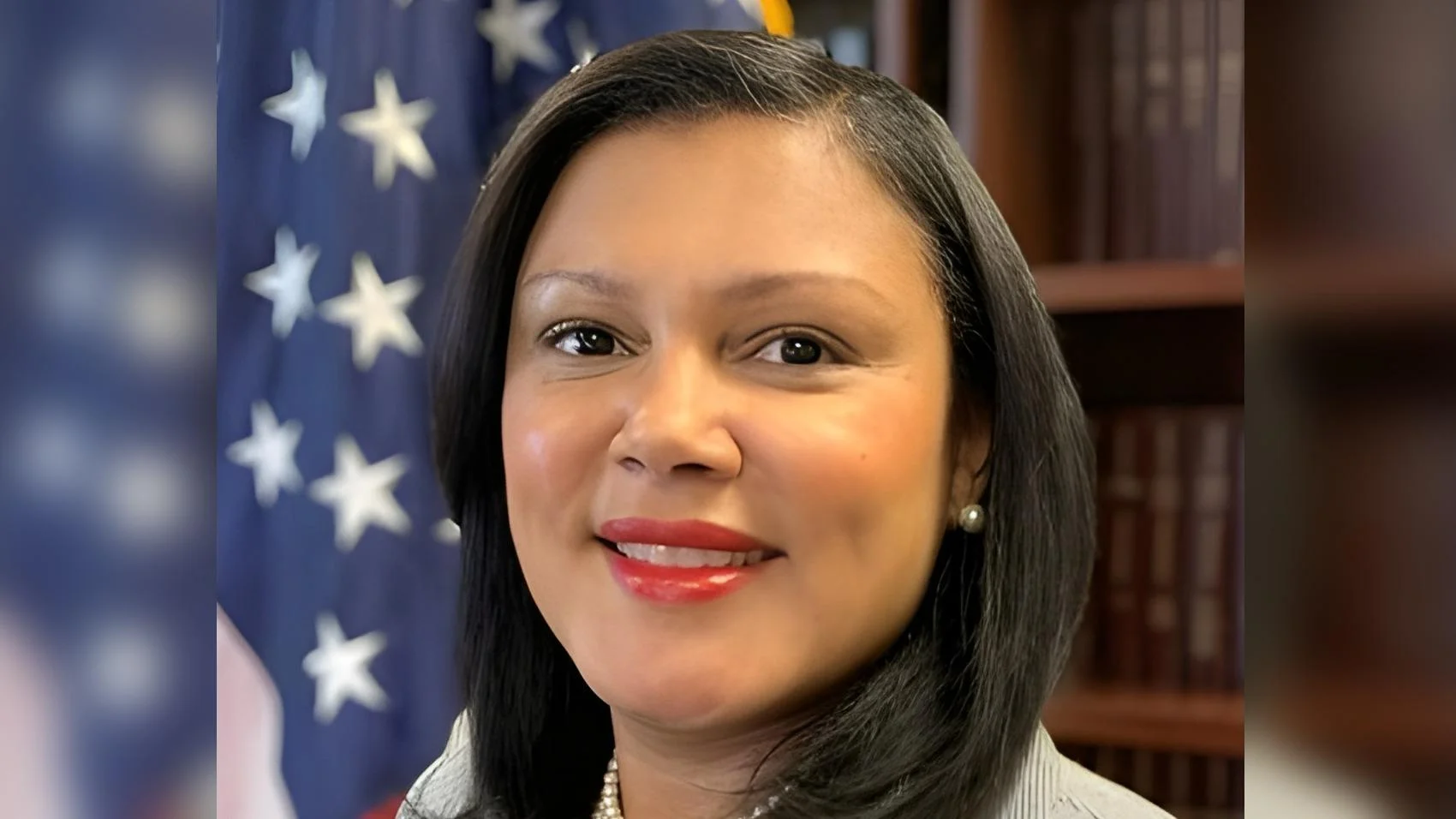A Richmond County resident has been sentenced to nearly two years in federal prison for operating a fraudulent tax preparation business in Augusta, Georgia. Kim Brown, 40, pleaded guilty to two counts of aiding and assisting in the preparation and filing of false income tax returns. U.S. District Court Judge J. Randal Hall sentenced Brown to 22 months in prison, ordered her to pay $541,912 in restitution, and imposed one year of supervised release after her prison term.
U.S. Attorney Margaret E. Heap for the Southern District of Georgia commented on the sentencing: “In collaboration with our law enforcement partners, we continue to pursue those who defraud the government,” said U.S. Attorney Heap. “Kim Brown stole money from taxpayers, and this sentence holds her accountable.”
Demetrius Hardeman, Special Agent in Charge at IRS Criminal Investigation’s Atlanta Field Office, explained how ghost preparers operate: “Not signing off on a tax return is just one of the signs someone is acting as a ghost preparer,” said Special Agent in Charge Demetrius Hardeman, IRS Criminal Investigation, Atlanta Field Office. “Today’s sentencing of Kim Brown is an example of IRS Criminal Investigation special agents working diligently to protect taxpayers from dishonest tax preparers and a notification to the public of just one scheme utilized by ghost tax preparers.”
According to court documents and statements made during sentencing, Brown ran her business out of her home in Augusta during 2022 as a so-called “ghost” preparer—someone who prepares tax returns for others but does not sign them as required by the IRS. She fabricated income amounts so clients would qualify for certain credits and claimed false deductions to increase refunds. Her fees were based on a percentage of these inflated refunds.
Brown did not provide copies of prepared returns or review them with clients before submitting them electronically to the IRS. Along with another individual acting as a ghost preparer, she was responsible for causing over half a million dollars in fraudulent refunds issued by the U.S. Department of Treasury.
The Internal Revenue Service’s Criminal Investigation division investigated this case. Assistant U.S. Attorney George J.C. Jacobs III prosecuted it for the United States.





